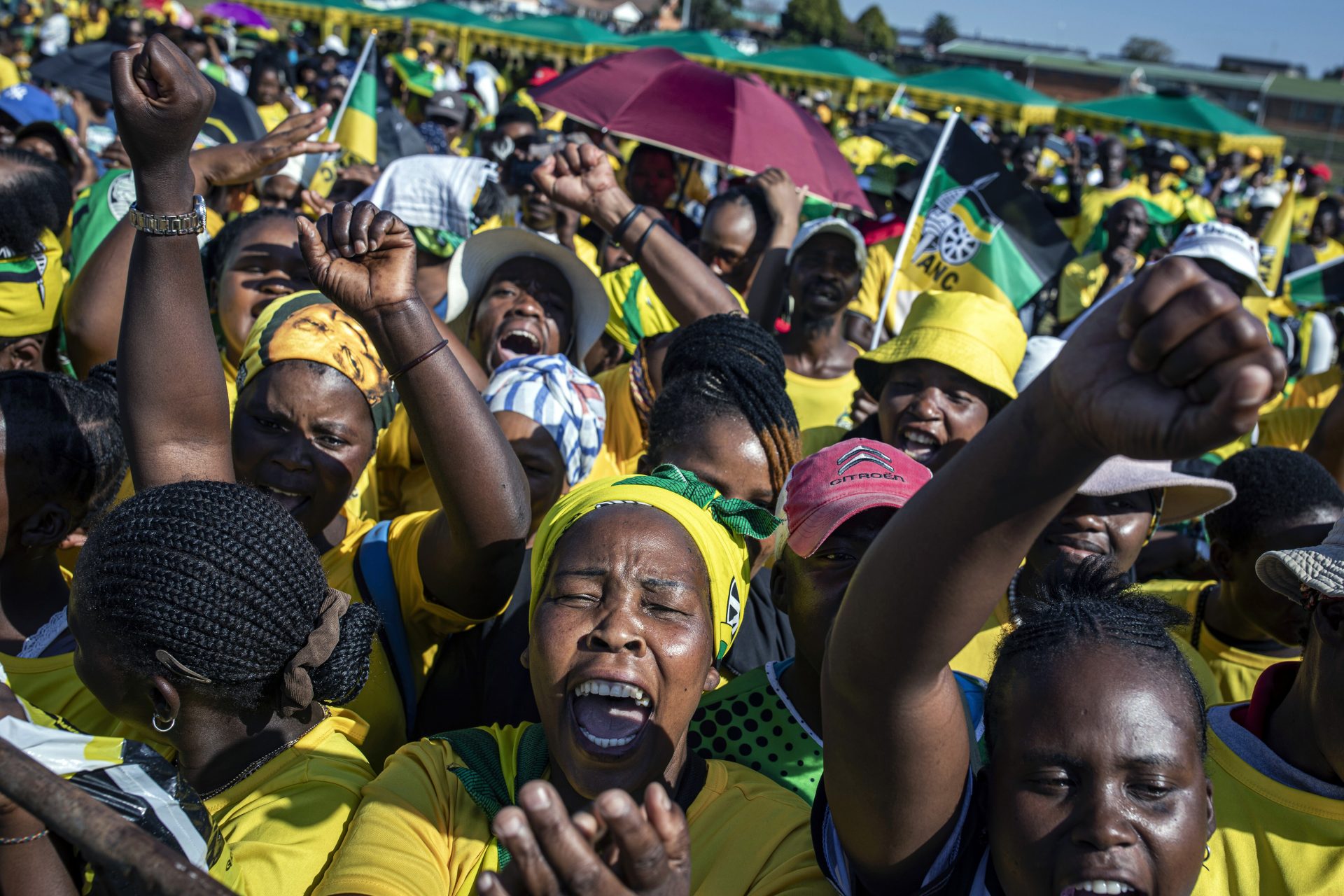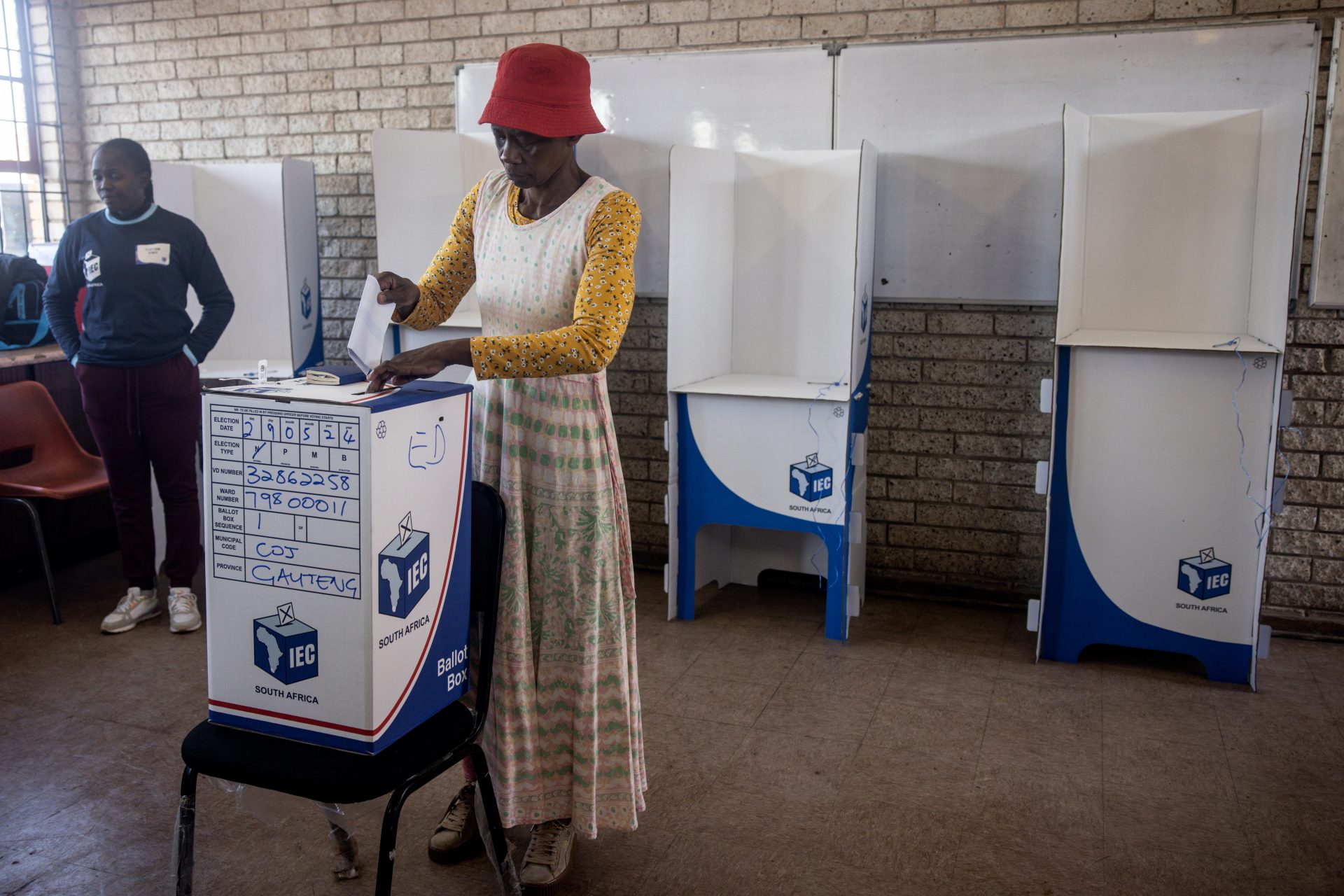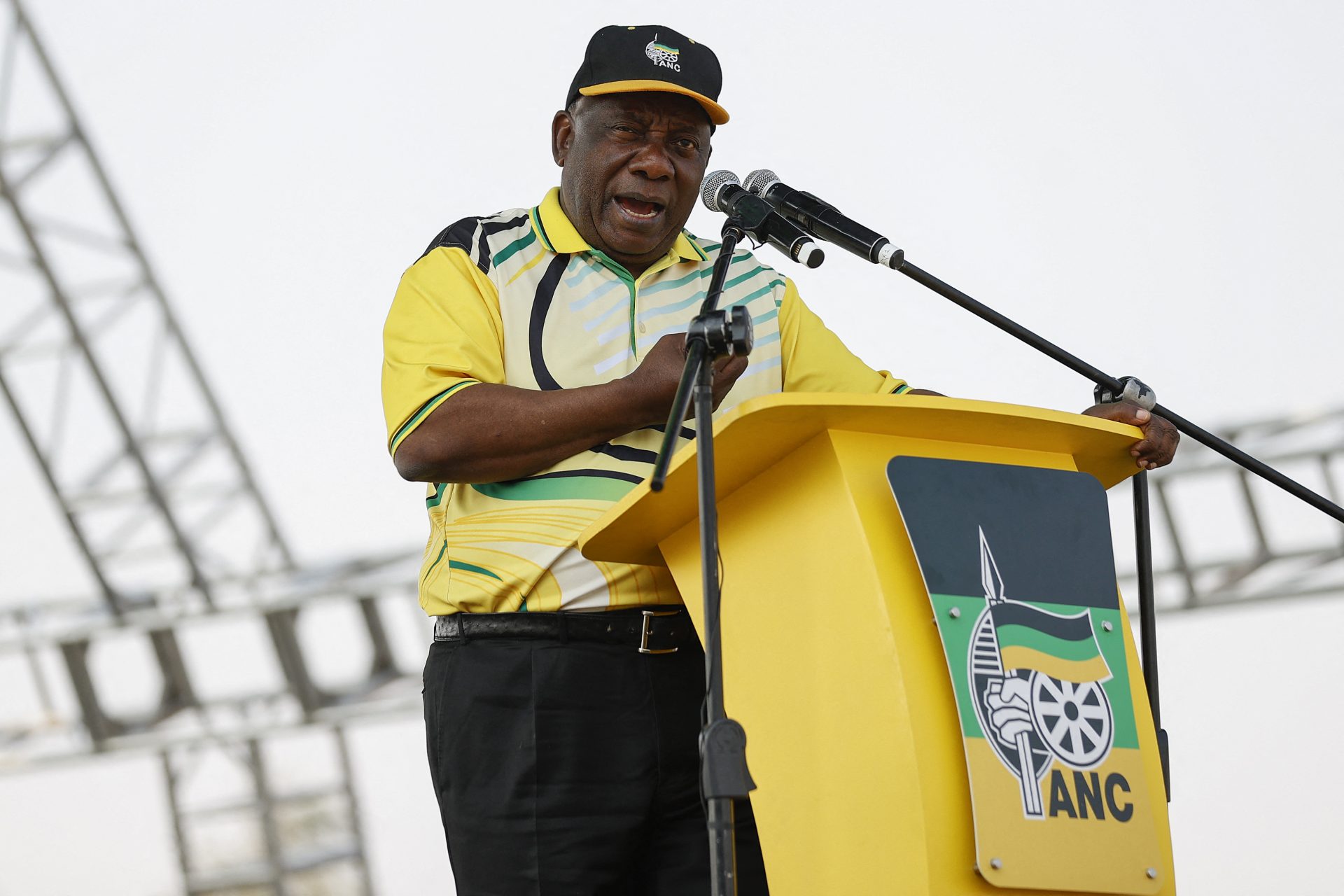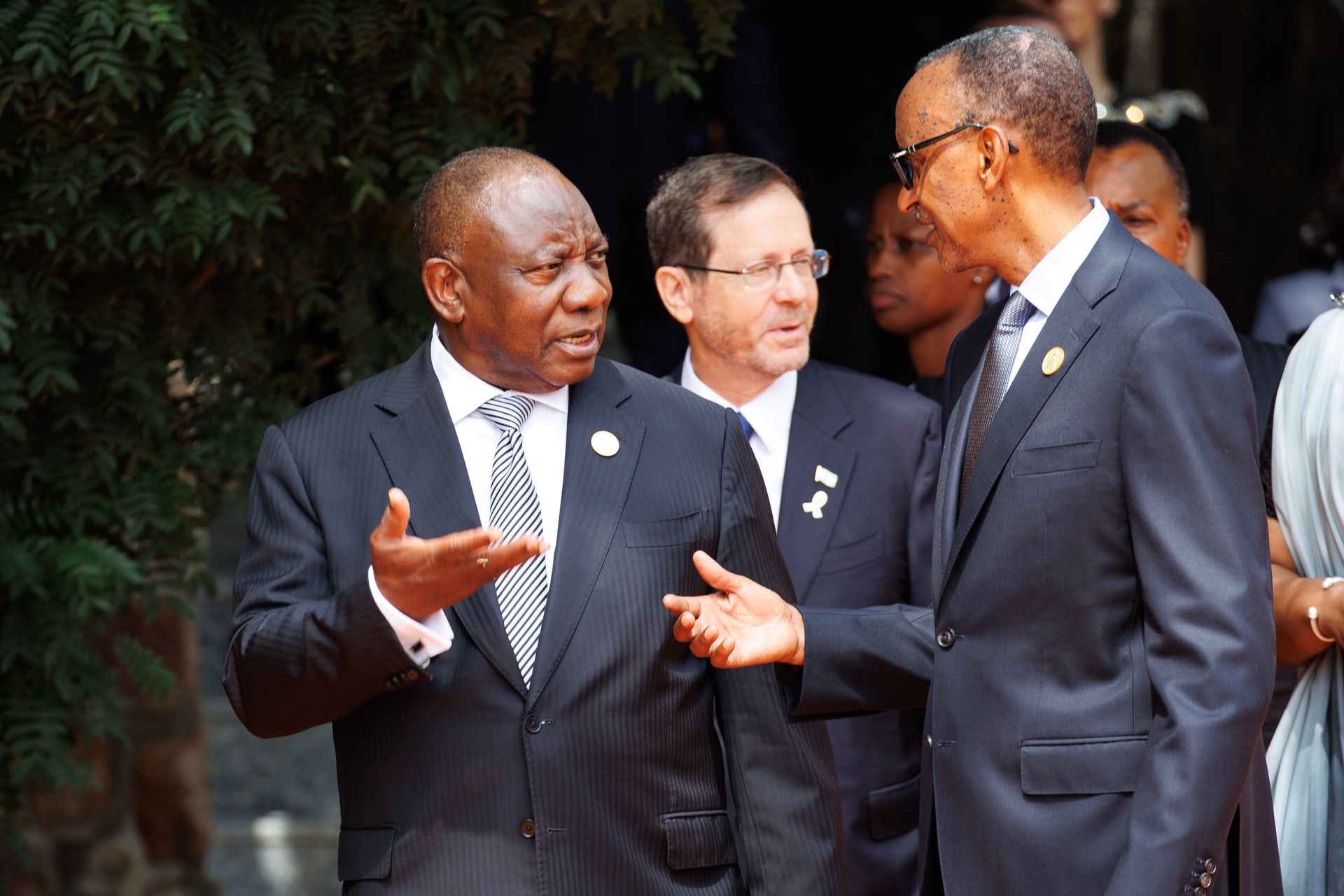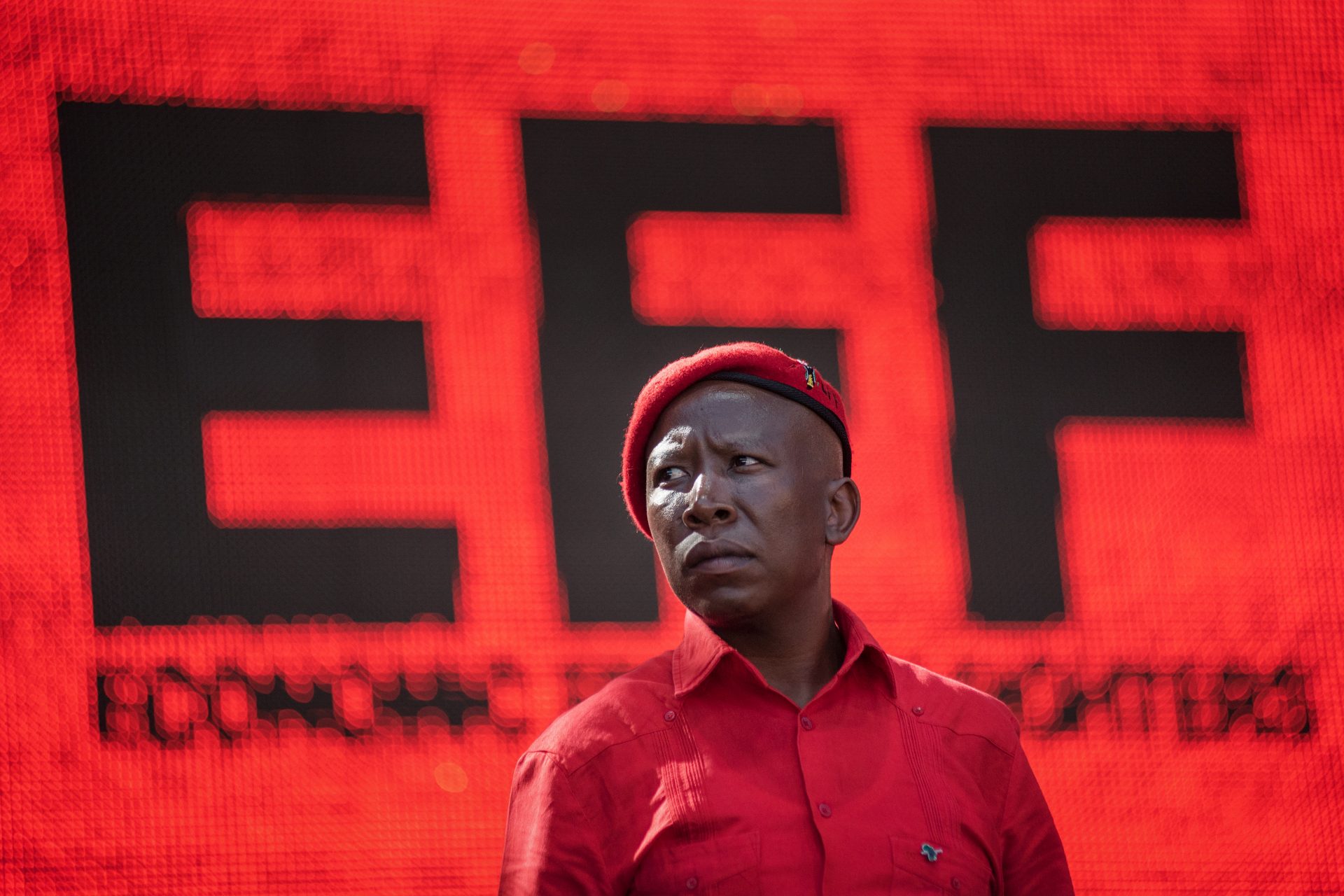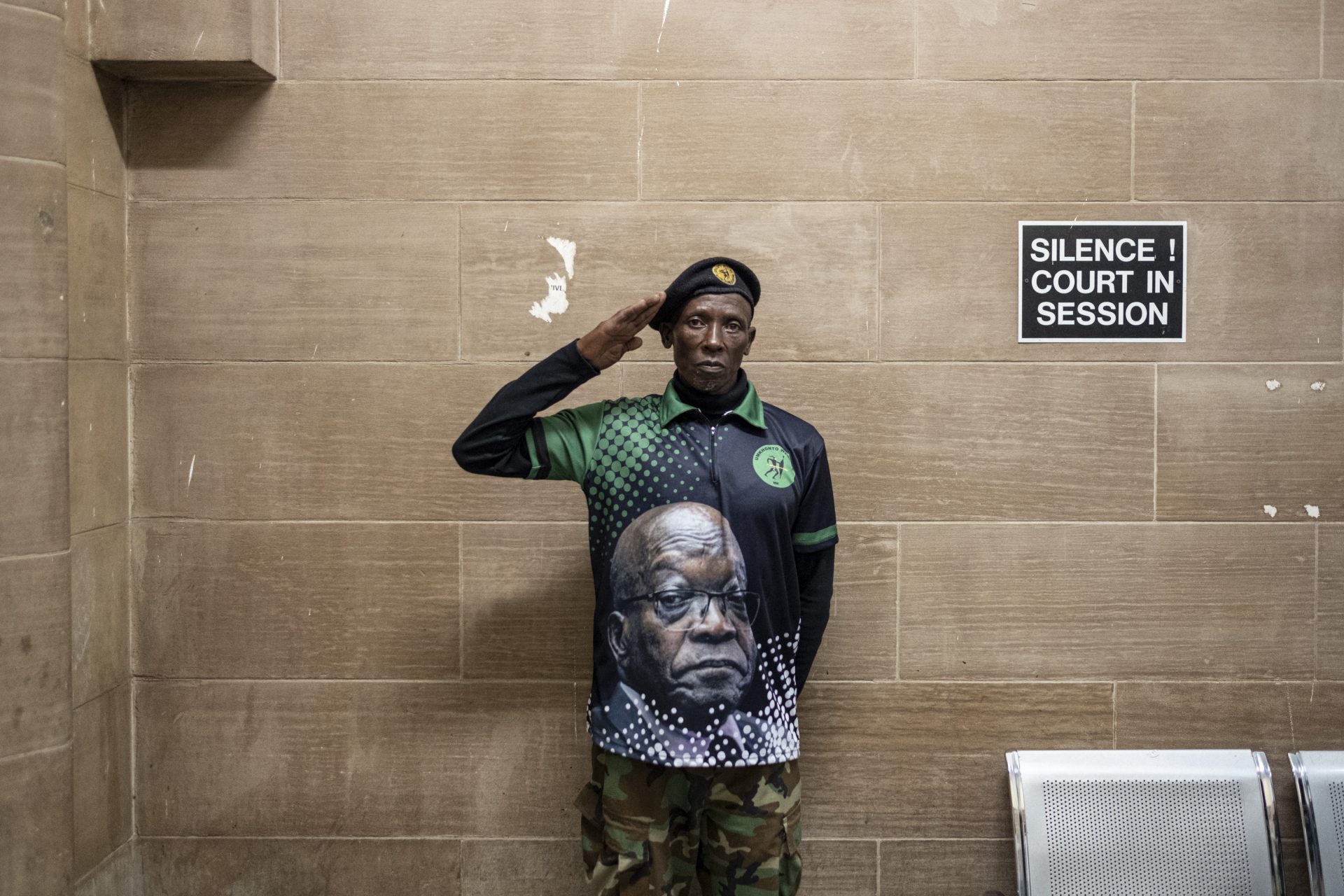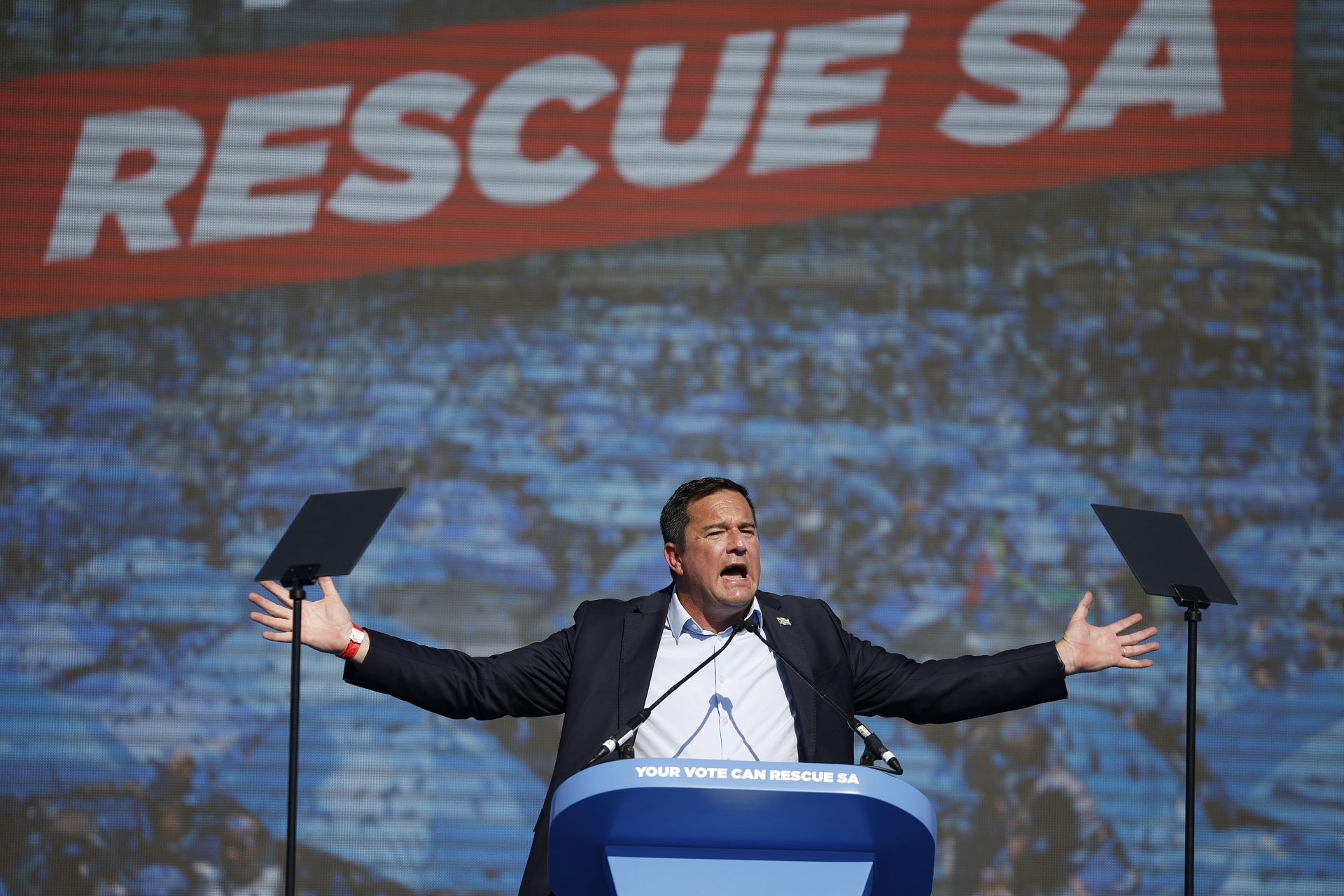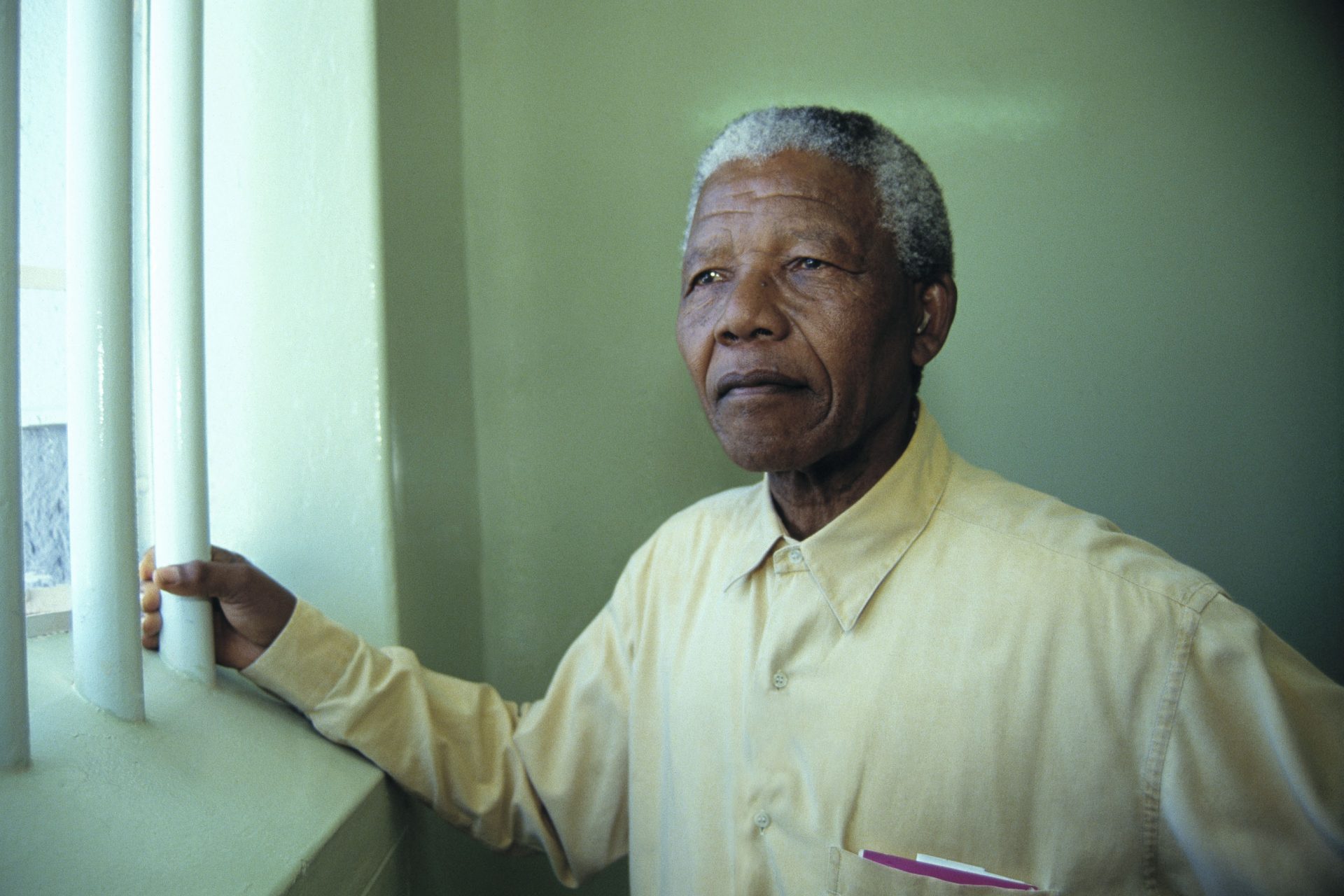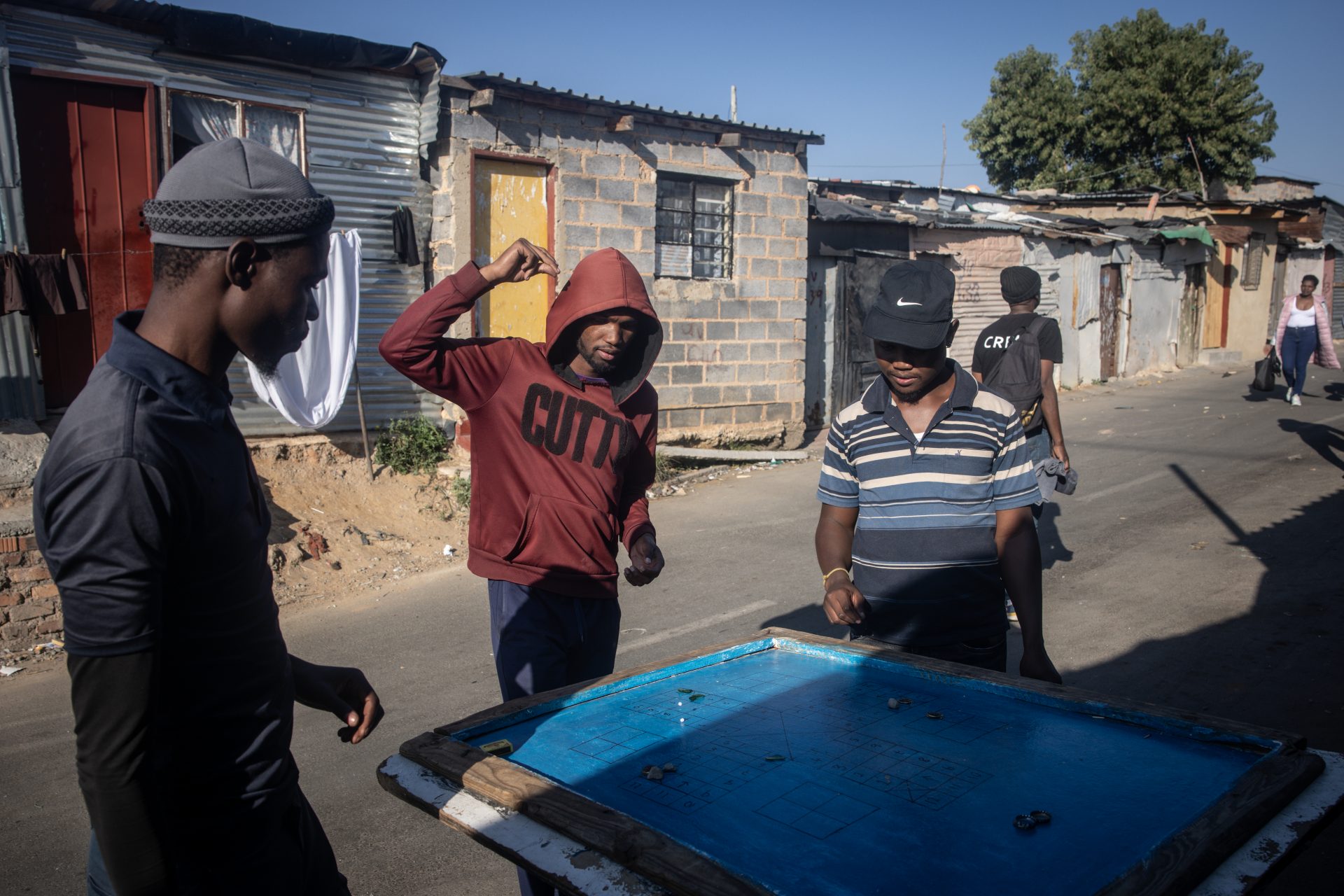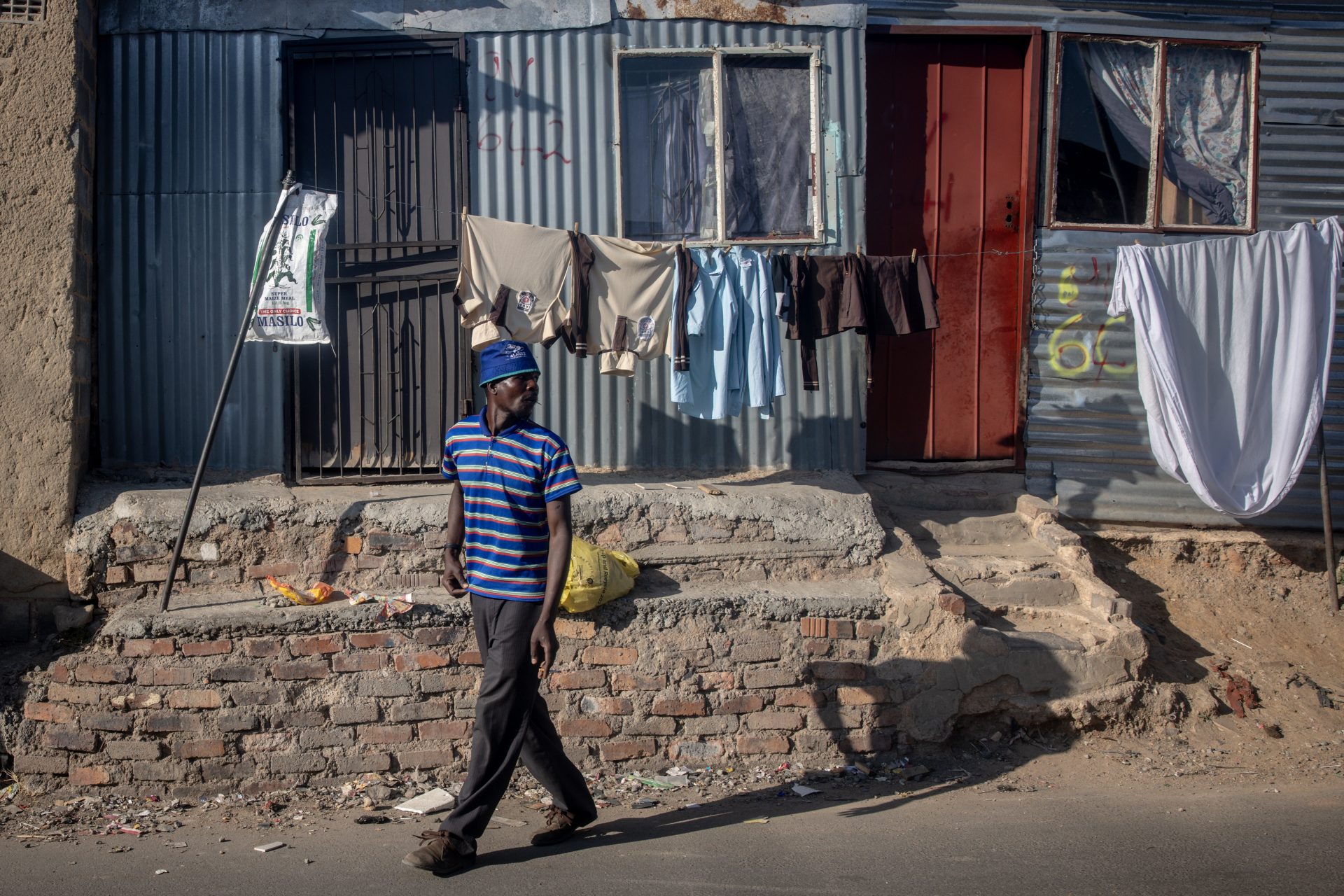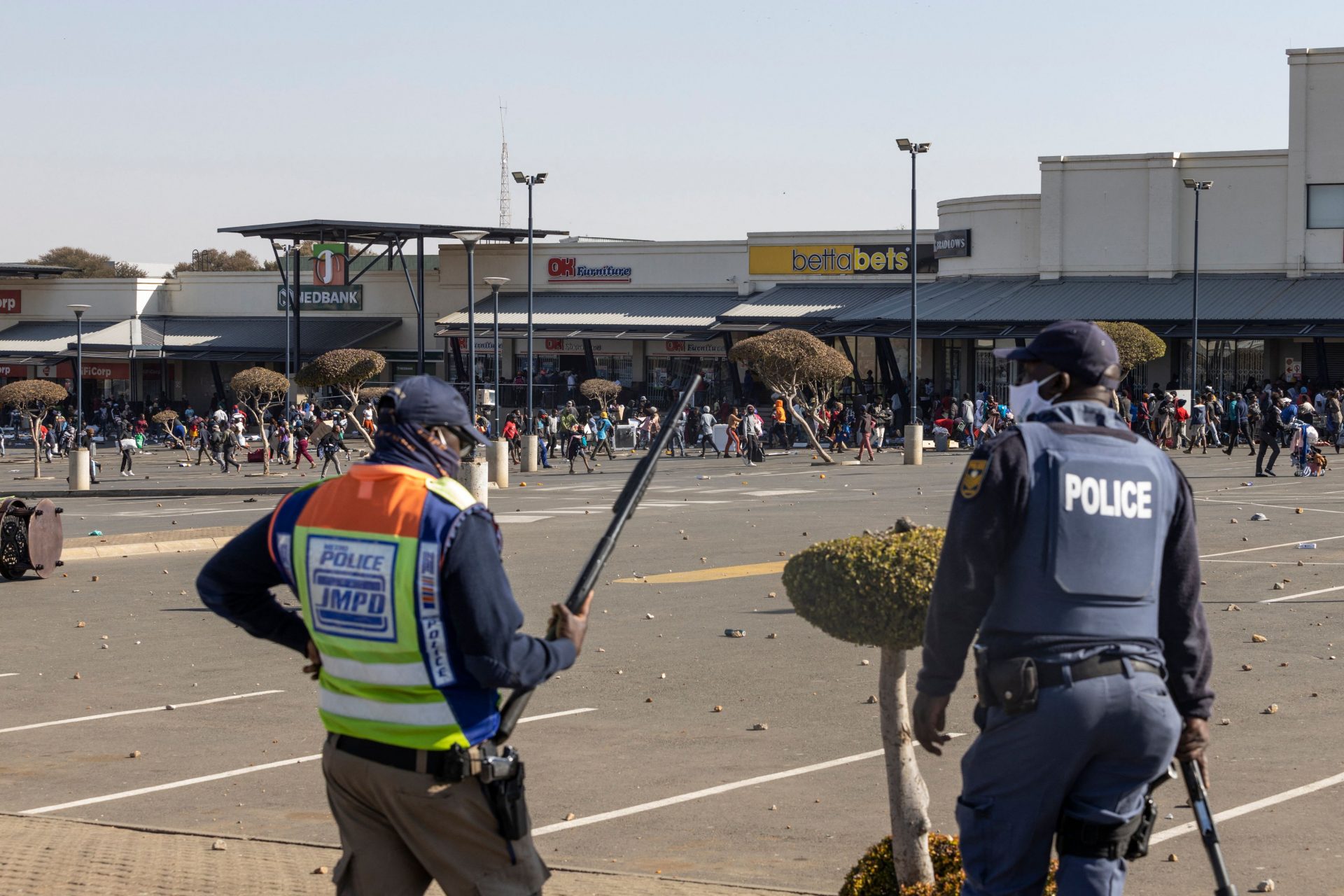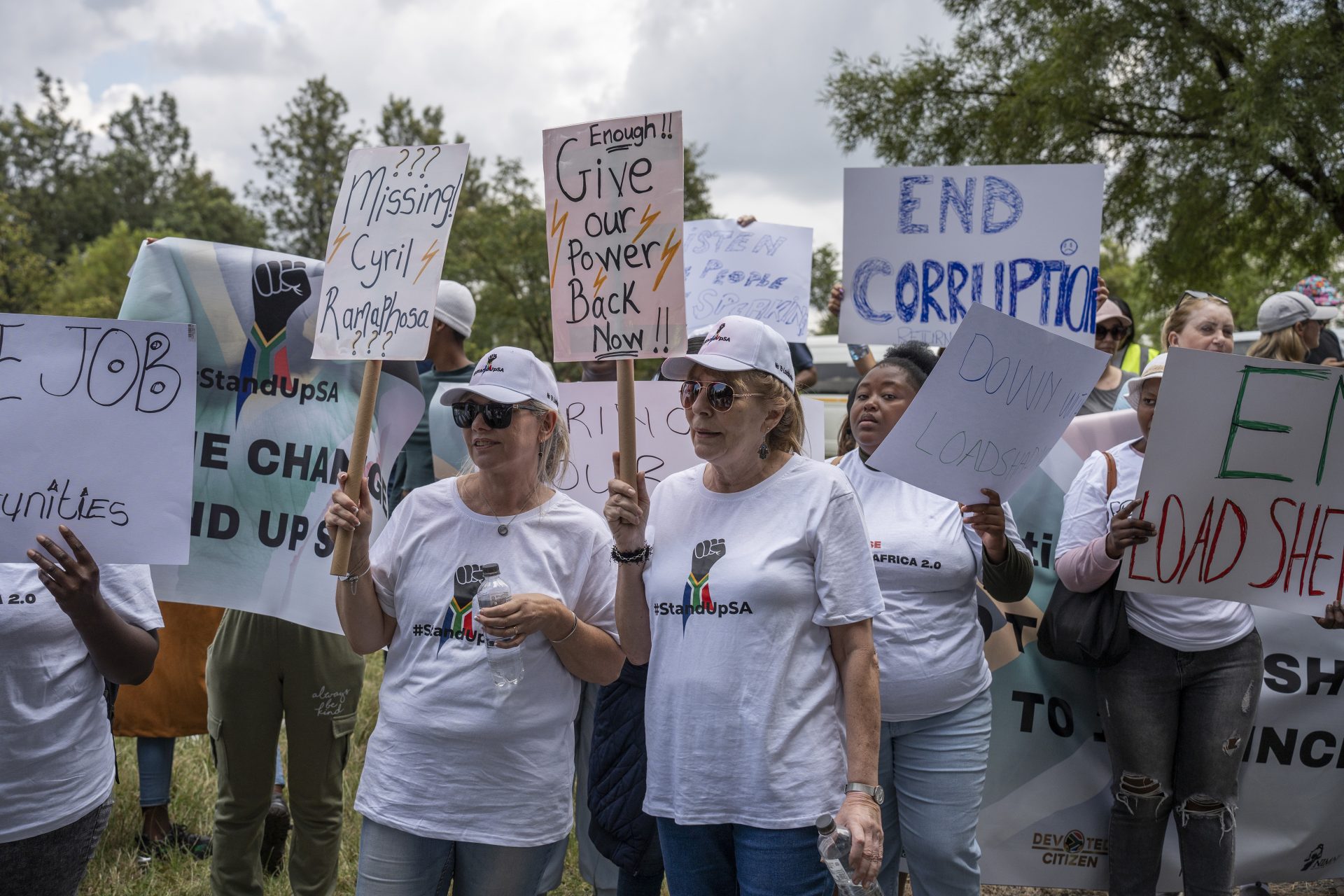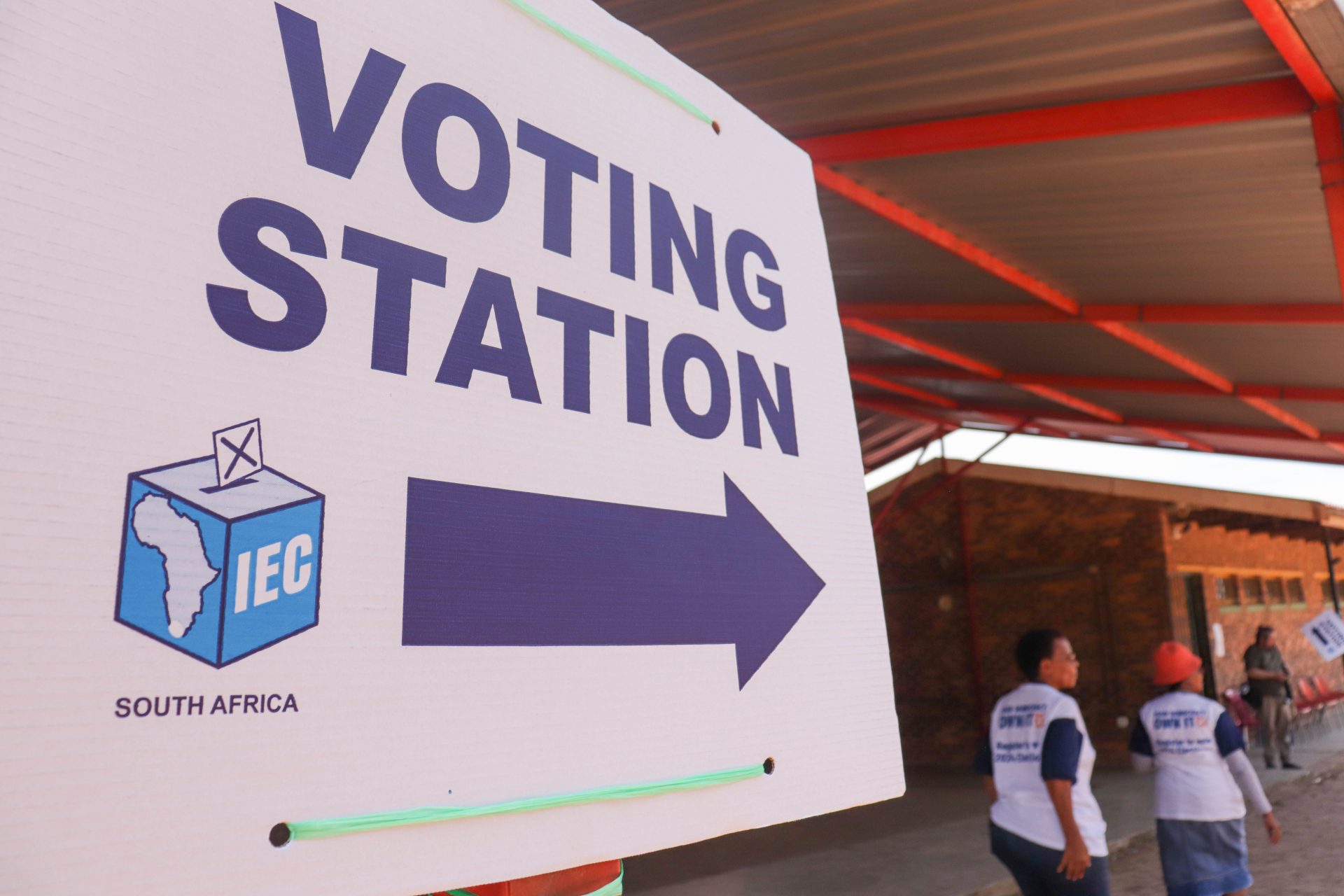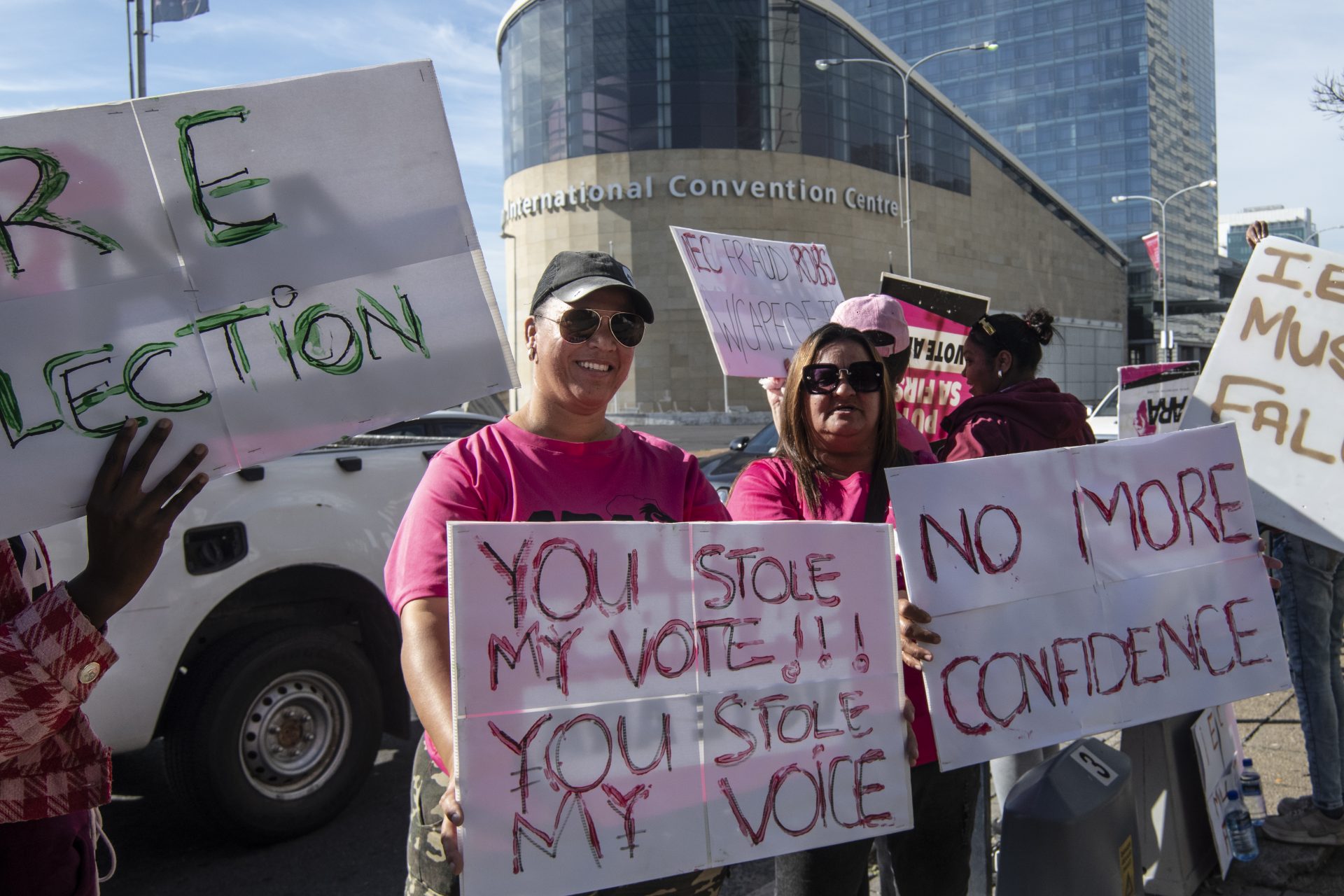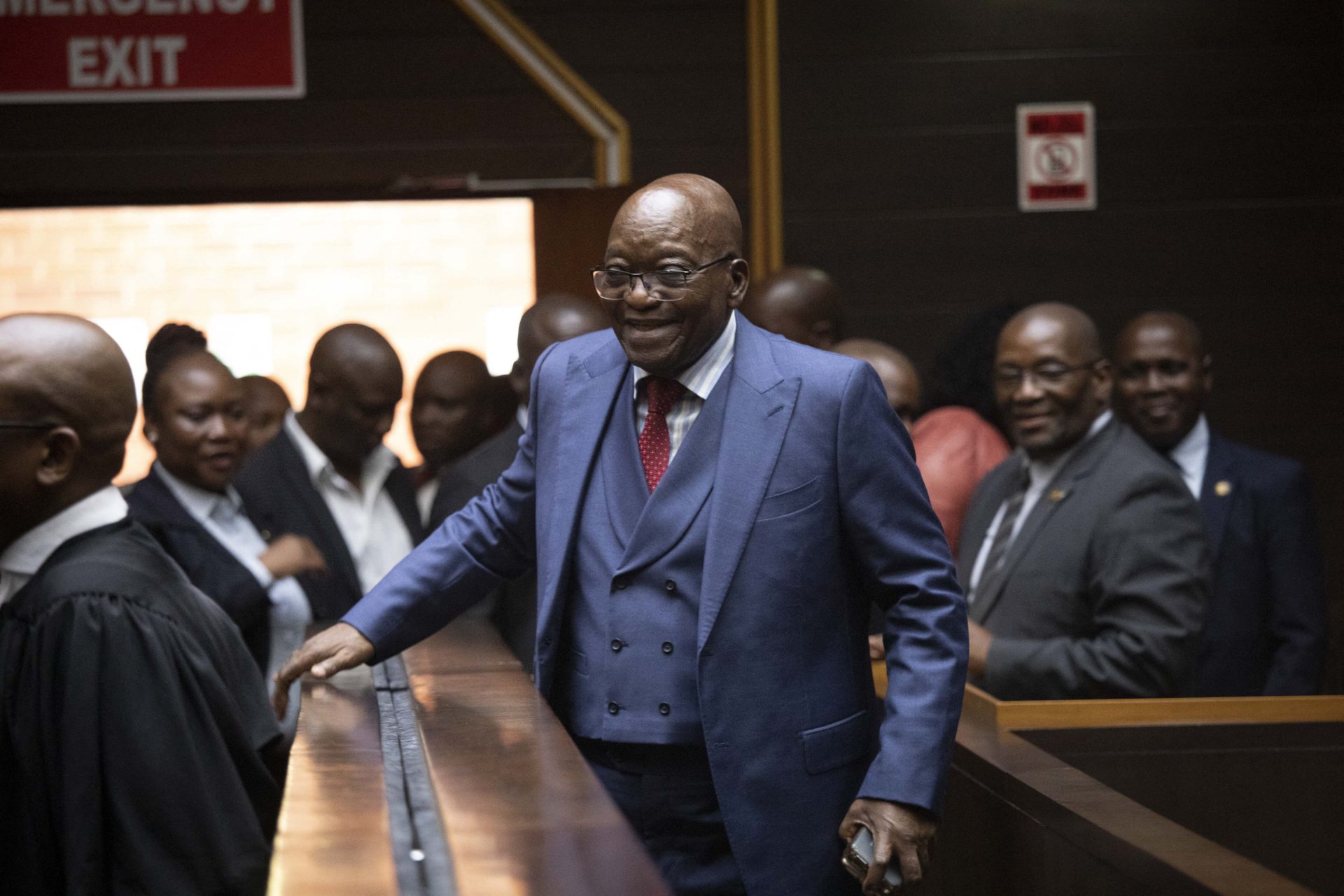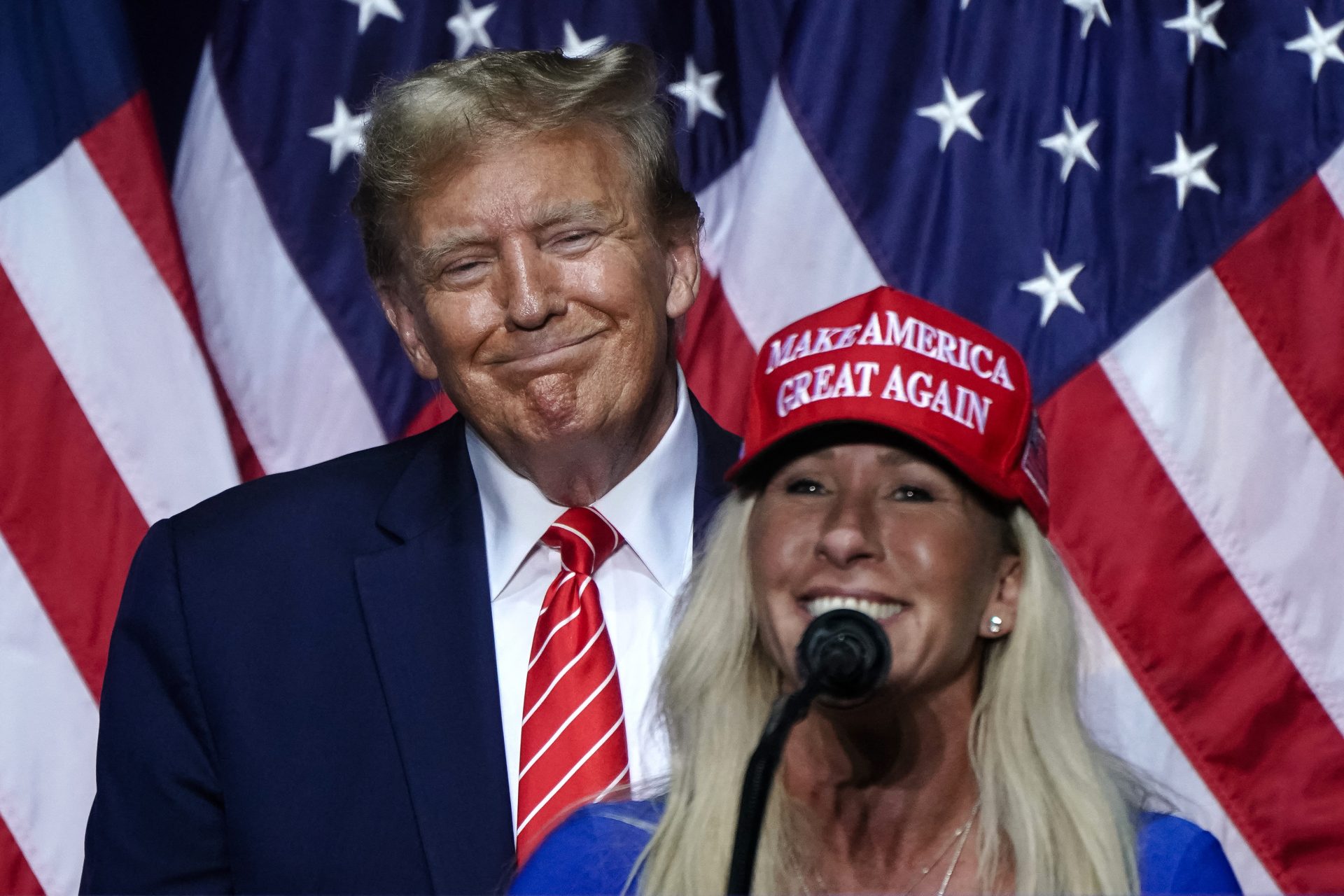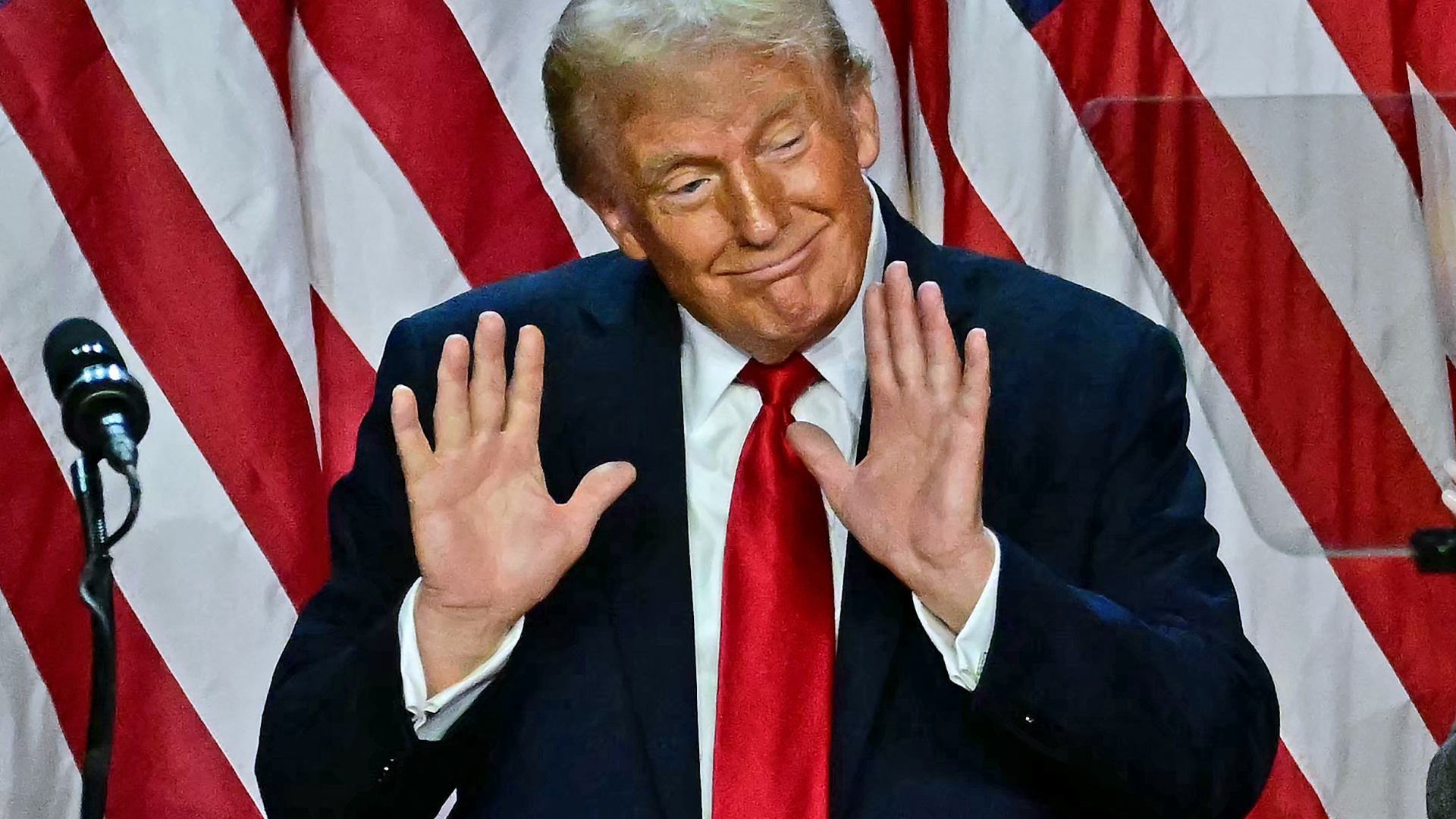South Africa sees the biggest political shake-up since end of apartheid. What's next?
South Africa's election marks the first time in 30 years that the African National Congress (ANC) has lost its parliamentary majority, plunging the country into uncharted political territory. Held May 29, 2024, this was the nation's seventh general election since the end of the apartheid era in 1994.
The ANC, once commanding nearly 70% of the vote, won just 40.2% of the popular vote, reflecting widespread dissatisfaction due to corruption, economic stagnation, and rising unemployment. It is led by the current president Cyril Ramaphosa, who has been in office since 2018.
President Cyril Ramaphosa, who promised renewal in 2018 after the corruption of his predecessor Jacob Zuma, now faces internal threats and a potential ousting as party insiders question his leadership following the ANC's poor performance, according to the Economist.
For the ANC to hold onto power, it will have to, for the first time, enter into a coalition government. And who it decides to team up with could be definitive in shaping the nation's future. As the Africa Center for Strategic Studies reports, talks are reloving around the "big four" parties....
Led by Julius Malema, the EFF is a radical socialist party advocating for policies like nationalizing land and banks without compensation. For the Economist, a coalition with this party would be "the biggest danger" for the country's stability. It was formed in 2013 by expelled ANC Youth League leaders and came in 4th place with 9.5% of the vote.
Breaking onto the scene is former ANC president Jacob Zuma's new party, MK. It won 14.6% of the vote and seeks to dismantle the judicial system and rewrite the constitution, reflecting a populist and authoritarian approach. "Its militaristic tactics during the campaign have been unlike anything South Africa has previously seen," reports the Africa Center.
Coming in second place is the centrist Democratic Alliance, which has traditionally been the main opposition party to the ANC. While it is widely perceived as the "white party," according to the Economist, it could potentially team up with the ANC to avoid a coalition with the far-left MK and EFF parties. However, this would not be a natural nor easy collation, as the two parties have been historically opposed. It is led by John Steenhuisen.
While there has been internal strife within the party, as shown by the MK and EFF splintering off, there has also been disillusionment by the general population with how Nelson Mandela's party has evolved over the last 30 years.
In 2023, South Africa's unemployment rate reached 33%, according to AP. A United Nations report described the situation as a “ticking time bomb.” Youth unemployment hit over 50%.
Financial analysis Duma Gqubule told AP that South Africa's GDP needs to grow by 6% per year to create enough jobs for the 700,000 people entering the workforce each year. However, its growth rate has been stuck at around 1-2% in recent years.
In 2021, Zuma was arrested and sentenced to 15 months of imprisonment for contempt of court in relation to corruption charges. This triggered violent riots that left over 300 people dead and caused massive damage to public property. From there, the MK party was born.
South Africa has one of the highest murder rates in the world, according to the latest figures from the United Nations Office on Drugs and Crime, as of 2024. The World Bank estimates the cost of South Africa’s violent crime is almost $40bn (£32bn) - at least 10% of its GDP every year.
Attributed to systematic corruption, mismanagement and even sabotage by those vying for political office, according to the Africa Center, South Africa has been gripped by debilitating power outages, which have been getting worse since 2018. Water cuts have also been a problem.
Corruption seems to be at the heart of many of South Africa's problems. Even former president Thabo Mbeki, Nelson Mandela's immediate successor and member of the ANC party, asked in a 2023 public talk: “How am I going to ask people to vote for an ANC led by local criminals?”
The fact that ANC has finally lost its majority, and dramatically so, could strengthen accountability for the country. Activist Sizwe Mpofu-Walsh told the African Center, “it is a strong statement South Africans have made that you can push us far, but no further and there is no automatic right to power and a majority. Any government that holds power after this will know that this can happen to you too. "
The Economist reports that the coalition talks will determine whether the end result is renewal or deeper populism and economic chaos. The conservative magazine suggests that an ANC coalition deal with the EFF or MK could also see the government scrap many of its economic reforms that have brought in much-needed investments into renewables and infrastructure. The Democratic Alliance says an ANC/EFF/MK alliance would be a "doomsday scenario."
Another hopeful part of the elections, according to Africa Center, was the transparency and even-handed process that the elections were fought and took place. Three of the four biggest parties have recognized the results. Zuma's MK party is the stark exception.
More for you
Top Stories



